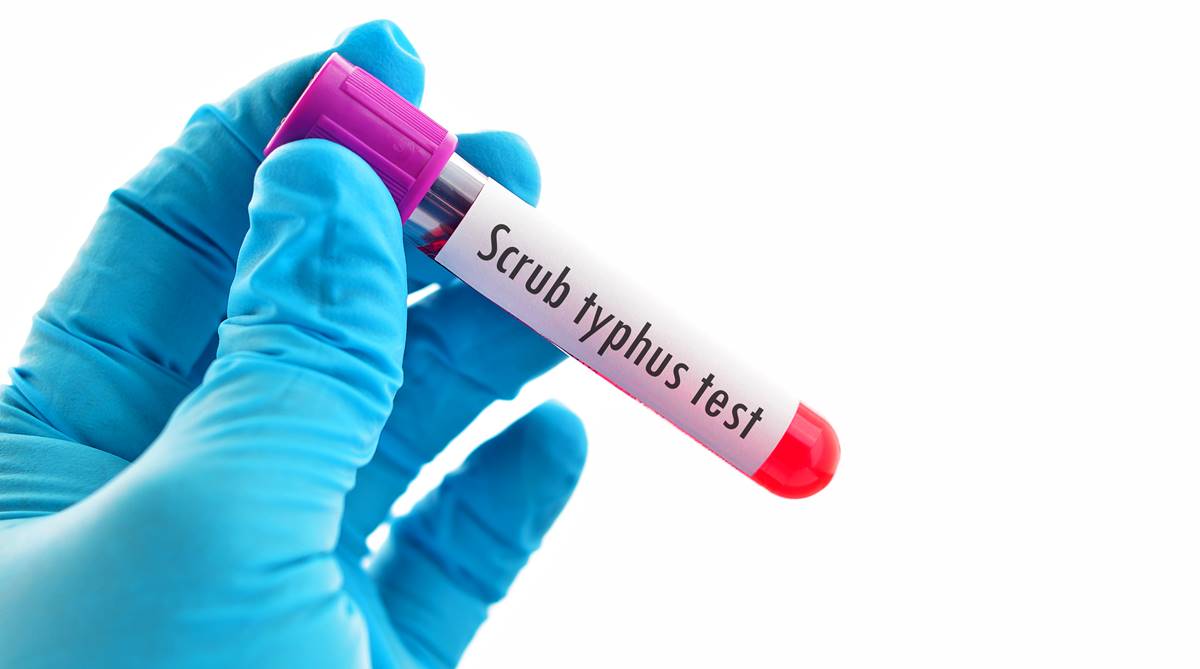Patients affected with encephalitis will have to undergo serological tests to detect whether they have scrub typhus (ST). The reason: Patients suffering from ST are vulnerable to get encephalitis and the simultaneous attack of these two diseases may be fatal for them. ST, a disease caused by a bacteria called Orientia tsutsugamush, shows symptoms of fever, headache, body aches and skin rash – similar to those of dengue. It spreads among people through bites of infected chiggers (larval mites) and rats.
A senior official of the public health wing of health department at Swasthya Bhaban said that a directive has been sent to all the chief medical officers of health (CMOH) in the districts and municipal bodies in the state directing them to advise encephalitis patients to go for ST confirmation tests.
Advertisement
“All ST patients are prone to get encephalitis, caused by viral infection that affects brain of a patient. We have already got several encephalitis patients who have simultaneously complained of ST that requires treatment with antibiotics,” the official said, requesting anonymity. “ST cases are being regularly reported in different parts of the city,” he added.
At a time when the vectorborne disease dengue has been ravaging Kolkata and south Bengal districts since 2017, claiming more and more lives regularly the state health department headed by Chief Minister Miss Mamata Banerjee faces yet another headache ~ encephalitis with ST infection.
In the month of November, two persons Sabina Bibi (26) and a seven year-old boy Subho Moyra had reportedly died of ST at Basonti Colony in the Ultadanga area of municipal ward no 32.
Several more residents in the colony were also affected with fever with symptoms of ST. But the health department sources said only the boy died of ST along with encephalitis in the area. “Besides the boy, there was no other case of ST deaths in the area. Several others were also affected, with symptoms of ST,” a senior official of the health department said.
“Scrub typhus affects people of all ages and can cause high mortality that may reach up to 50 per cent of the cases depending on virulence of the strain of O. tsutsugamushi involved,” said a microbiologist.









